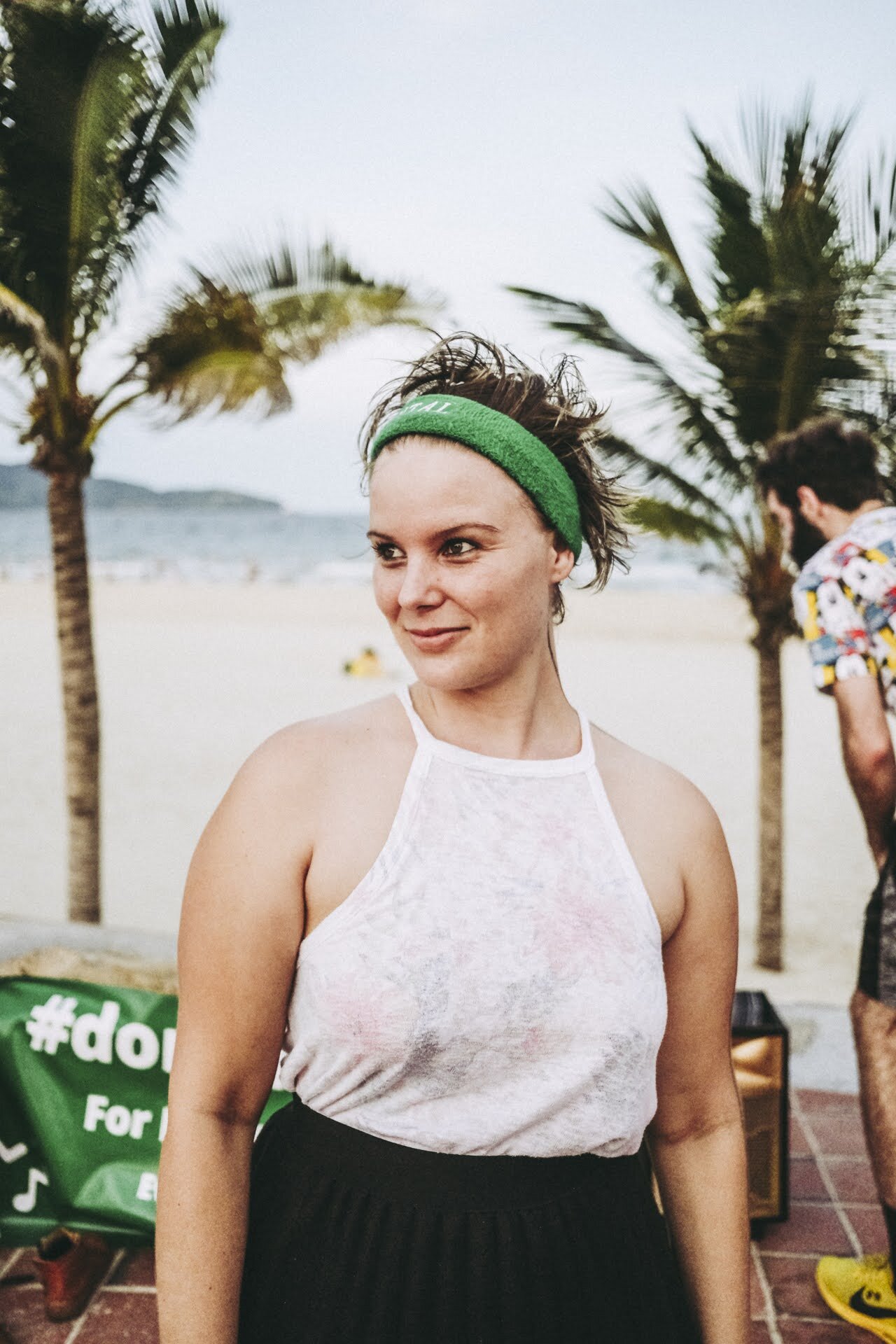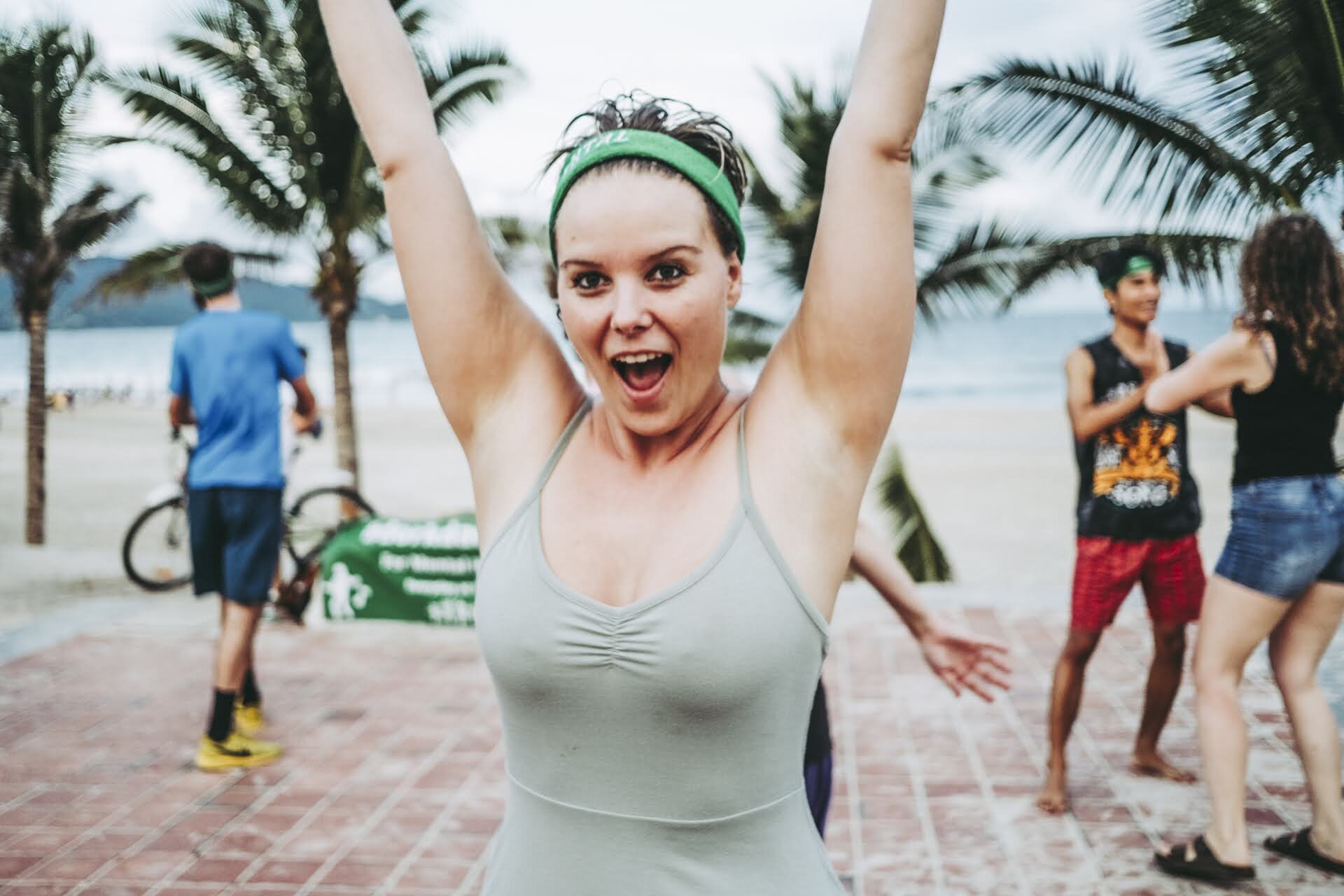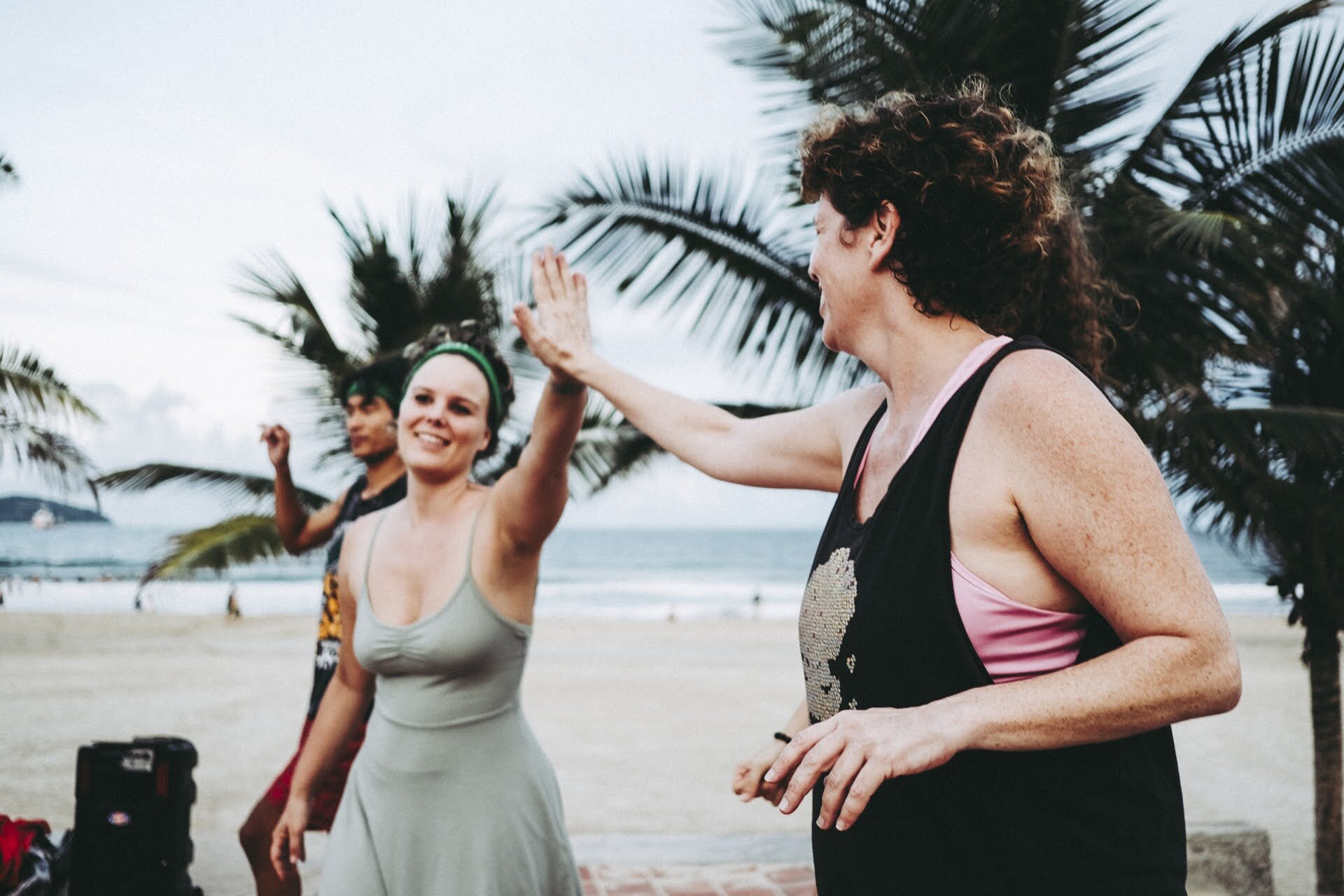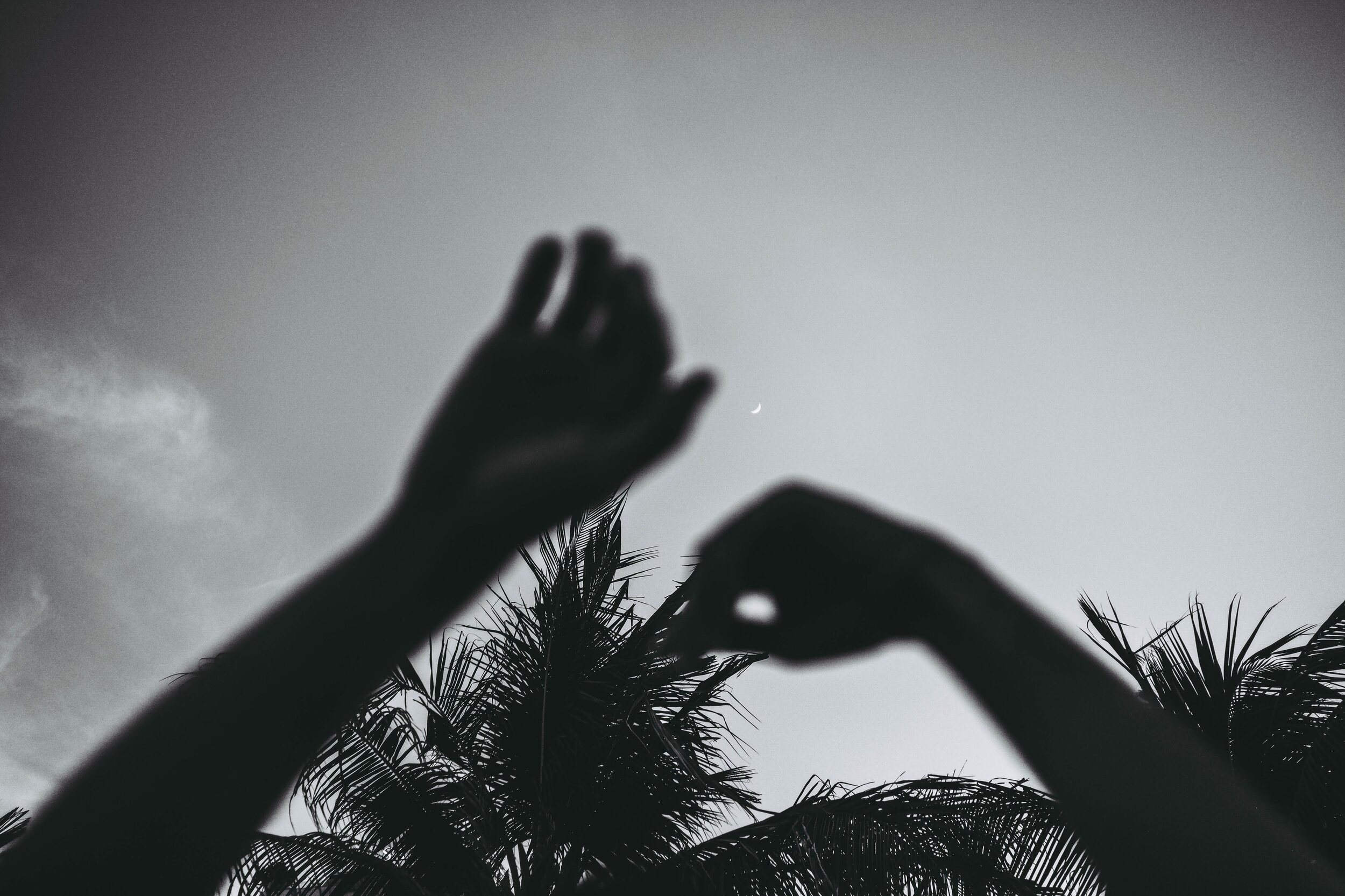My name is Mily and…

I am #dorkdancing for mental health


I called a friend from the hospital, I had memorized his number because I never saved it. “Something is wrong, I don’t know why I’m here.”
He excused himself from what seemed to be a night out at the bar. He told me that he didn't want to speak with me, and then hung up. I sat alone at a table wondering how I ended up in the psychiatric ward.
I was in and out of awareness for weeks. Later I learned that friends and family had visited me everyday, but I don’t remember these visits. My emotional outbursts wouldn’t grant me outside time like a few others in the ward. A few weeks passed and I was starting to have cabin fever; the mania didn't subside and I had to learn to pretend that everything was just fine so they would let me out.
Eventually the psychiatrists discharged me from the ward, but the anger, paranoia, and delusions didn’t fully go away. Within a week I was back in the hospital.
It was like my brain would stop recording, and then start again. I wasn't fully aware of my strange behaviors, I could not explain. My sister admitted me the second time because she was afraid for my life. They had told her if she had waited any longer I would have died from dehydration; I had forgotten to drink and no one knows for how long.
I was in constant emotional pain. It had been pent up for more than a decade. It was the first time anyone had ever seen an emotion come from me other than pleasantries. I was angry, so I broke things, and then I would burst into laughter from the comedy of it all, and then I would cry hysterically. I didn't know how to express the accumulated pain I had experienced over the years from the abuse and neglect, and it all came out in a short amount of time.

I was in constant emotional pain
The scariest place in America is in the hands of a nurse who is tired of working in their field. Too overworked to care and too underpaid to do anything about the outbursts and so they drug you to sleep.
I live with the fear that I will go off the deep end of insanity and end up back into the psych ward. The problem is, you don’t know when full blow mania occurs, because you are too busy riding the wave.
It’s like surfing a world record wave, only to find out later that the water was filled with sharks. You don’t know how close you are to danger until you are in a hospital, given antipsychotics to help you come down off that wave.

Four years after my first hospitalization, I had a second psychotic break and the treatment from the staff was worse than the first time. I felt powerless and helpless. When I was screaming for help at my loudest, the care was not there.
It felt like someone had yanked the wires from my brain, realized an error, and then shoved them back into their sockets without checking their placement. Once the doctors put everything back in order with heavy psychotics, I lost my ability to function. I had to relearn the basics such as brushing my teeth. This trauma started me on my journey.
I knew something was wrong and I needed to figure it out. I could no longer ignore the reasons that triggered these two psychotic breaks. Everything I did moving forward was in favor of my mental health. Did I sleep enough? Are my thoughts racing? Did I eat enough?
It felt like someone yanked the wires from my brain
I started delving into various therapies and self healing practices. I accumulated a series of tools that helped cultivate healthy habits. One of those habits is sweating. I need to break a sweat a few times a week, and I don't want to do that in a gym. I want to sweat while having my version of fun.
Dancing, for me, is fun. I have a long history of dancing. As a child, my friends and I would choreograph dances to popular songs and perform them for our parents. Later throughout my teenage years in the Netherlands, I would go to the clubs every weekend and dance until 5 am.

I stopped dancing when I moved back to America though. I didn't feel safe in the United States, especially considering the nightlife culture there. Instead of dancing at night, I joined a Capoeira group, which is a Brazilian martial arts dance. It was controlled, calculated, and instructed. Later, I went to a few salsa, tango, and hip hop classes.
After my hospitalizations, dancing changed. Like brushing my teeth, I had to relearn the basics. I wanted to move but didnt know how anymore. For years I had been wanting to just move my body the way my body wanted to move: freely, without too much structure. Looking back, I thought I could find it in some dance class and a particular dance style. My hope was it would click again for me. It never happened until dork dancing.

I heard from a friend about this idea of “Dork Dancing for mental health” and I became super interested immediately. So I gave it a try. It felt freeing. It was the kind of dance I was looking for. My body just wants to move with no rhyme or reason. In Dork Dancing I can do that without any judgement. I don't feel alone in my dorky moves and there is a community that does not stigmatize what has shaped me as a person. I am myself in Dork Dancing.
Since my hospitalizations, I feel as though I am succeeding in my mental wellness journey. It’s been six year since I’ve had anything related to a mental breakdown, manic or depressive episodes. I have learned a lot of good tools and practices that work well for me.

With my type A personality, I have diligently logged my behaviors; using that data to see what works and what doesn’t. For years I took note, holding a desire to share what I learned. Now, in dork dancing, through something we call “Dork Meetups,” I am finding an opportunity to share what worked.
Dork Meetups was born as an extension of Dork Dancing, as a place for people to meet up and speak about anything related to mental health. We work through exercises and grow together, while also giving space for people to just talk. You can share anything that’s going on in your life for support, even if it’s just listening ears.



For me, Dork Dancing is more than just a sweat, it’s a community where I belong. A community where I can add value and grow. A place to share everything I have learned over the years through my journey. Dork Dancing created the community and space for that. Dork dancing has made a huge impact on me, and I think I can confidently state that it will be an everlasting one.
“There is a community that does not stigmatize what shaped me as a person.”

You can call me MENTAL
Keep Mily & others #dorkdancing for mental health
This is a grassroots mental health movement. Community organizing, equipment, and time invested are all driven by charitable giving. We need your support to grow #dorkdancing more sustainably & powerfully.

